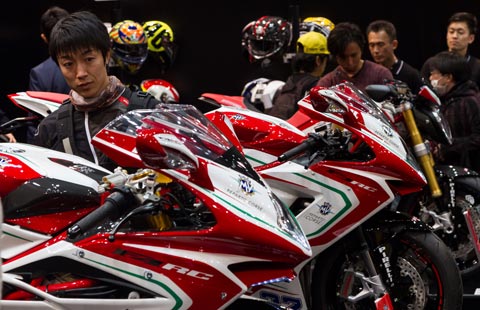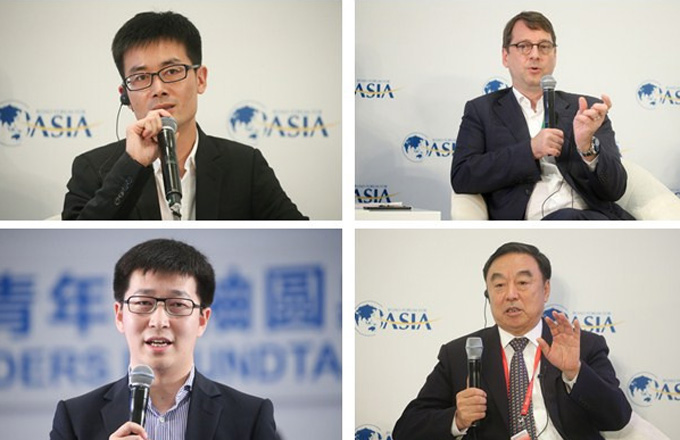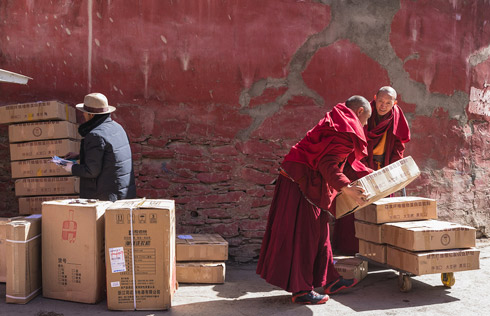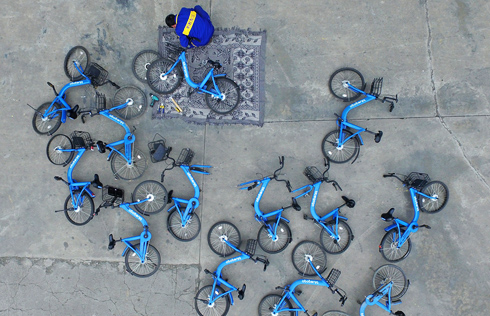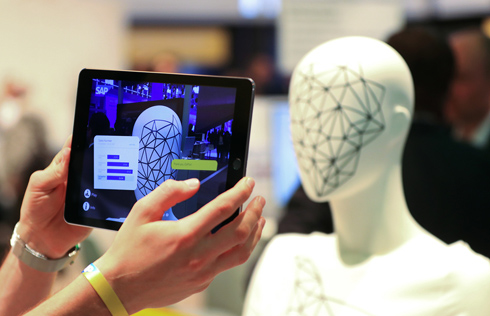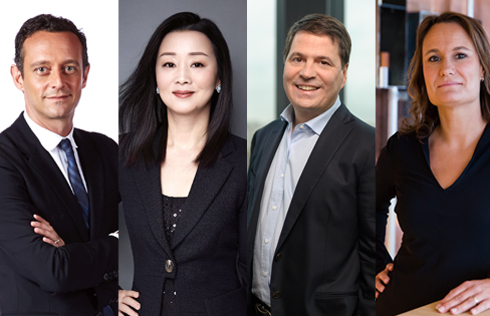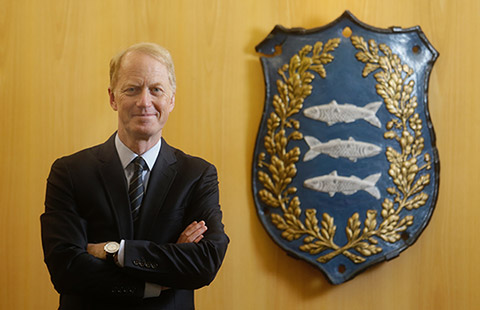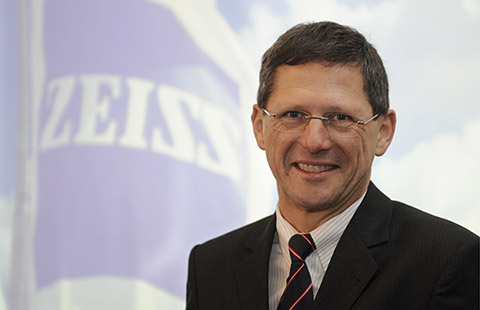Boao 2017: What a difference an 'S' makes
BOAO - I came to Boao Forum for Asia 2017 with one main task, to understand what was meant by the theme -- Globalization and free trade: The Asian perspectives.
By choosing "perspectives" over "perspective" the organizers were already sending a clear message that there is not just one answer, and so I set out to find out what these answers were.
Same same, but different
It was not long until I found my first example. During the media leaders roundtable, the panel discussed "seeking common ground while preserving differences."
On the very first day of the forum, I found myself in a room full of people advocating cooperation over conformity, and it wouldn't be the last.
No matter the panel, the sentiment stood.
Patrick Low, former WTO economist, told a session on Hong Kong that rather than imposing binding agreements on nations, all partners should be in agreement. The systems that rule countries are as varied as the countries themselves, thus, we should use multilateral institutions for the very reason they were established -- to avoid conflict.
Many of the speakers here this weekend, as well as attendees I spoke to, see protectionism as a geopolitical issue. Development and politics were never meant to be happy bedfellows so we need constant reminding of the benefits of a more open world. Trade globalization is here to stay, whether you like it or not.
Is it better to flourish internationally or falter in isolation?
Better to live together than die alone
The world is going through a transition characterized by uncertainty about globalization.
While some look inward, China continues to look outward, championing the view that "globalization is a positive force for the world and free trade is important," according to Leslie Maasdorp, vice president and CFO of the New Development Bank, who spoke to me after the opening ceremony.
Without globalization there would be no free trade and without free trade there would be no innovation. For thousands of years multilateral interactions have meant the exchange of ideas, products and services. Globalization is nothing new, just a new terminology. It is a tried and tested model, and one made all the more powerful by evolution. Evolve or perish, the saying goes, and globalization has stood the test of time. Protectionism, on the other hand, time and time again, has only led to only one thing -- failure.
E. Allan Gabor, Merck Biopharma regional president for the Asia Pacific,said, "The world, for me, is actually getting smaller. I represent America and Asia, 14 countries in total, and I see the benefits of free trade among all of those countries, and even beyond. It's connecting all of us."
Asia is the growth center of the world. If nations outside the region attempt to reject globalization they will not benefit from the opportunities afforded by growth in Asia.
Healthy, smart, safe
It is important to acknowledge that the benefits of globalization are not yet universal. Who has been left behind and why?
Technology is both enabler and disrupter. It is fitting that new advances are referred to as "disruptive technology." While they offer new platforms and environments for interaction, they have resulted in winners and losers.
One such example is automation, which, in the manufacturing sector in particular, will lead to job losses.
During my discussion with Zhang Yaqin, president of Baidu, he acknowledged that new technology will make some jobs obsolete. He compared the situation with previous industrial revolutions. With every new technological innovation, from weaving looms to artificial intelligence, there is always a reactive period as people adjust to the shock of the new.
He suggests that rather than rejecting advances we should look forward to the ways they will change our lives.
Anthony Nightingale, Hong Kong representative to the Asia-Pacific Economic Cooperation Business Advisory Council, suggested three ways to cope. One, economies need to be healthy. Two, people must be retrained. Three, there must be a social safety net. In fact, he said, developed nations are in the best position to offer this support, and Asia should look to them for guidance.
Asia can only adjust to the changing landscape by continuing structural change and by pursuing innovation across all sectors. The unifying Asian ideal is that we all must believe in the power of openness. All countries should be prepared to offer maximum support with minimum intervention. It is only through this approach that can we ensure a healthy environment for trade growth and innovation.
Deleting the "S"
Asian countries will continue to oppose trade barriers. China will continue to defend globalization, and fight for a more open, connected world. It is China that will ensure that no one is left behind.
Is this attitude unique to China? It is not. This is the Asian perspective.






